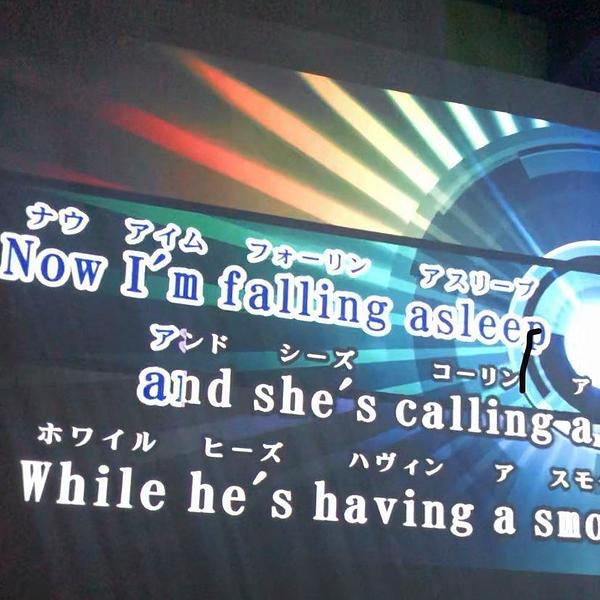
2020-12-09
Blog post by Mariel Deluna, PhD Education Student at University of Edinburgh & BM Edinburgh Volunteer
We celebrate Human Rights Day to honor the Universal Declaration of Human Rights (UDHR), adopted on December 10, 1948. The UDHR is itself proof of the power of language: it has been translated in over 500 languages and is the most translated document in the world. Today, the UDHR is part of the International Bill of Human Rights alongside two more documents that protect our civil, political, economic, social, and cultural rights. The section that protects our civil and political rights says that ethnic, linguistic, and religious minorities, “shall not be denied the right, in community with the other members of their group, to enjoy their own culture, to profess and practice their own religion, or to use their own language.”
Other Bilingualism Matters blog posts have spoken about the problems of language oppression (see our posts on Galician, linguistic racism, and accentism). Even though a lot of research on language oppression is about minority and indigenous languages, it can happen to majority and signed language users, too. For example, African American Vernacular English (AAVE) and other Black diaspora English dialects have been (mis)used, (mis)judged, and (mis)appropriated by non-Black people. And in one of our Much Language Such Talk podcast episodes, Dr. Helen Koulidobrova has discussed how hearing families have the power to deny or deprive their deaf children of language if they do not learn how to sign.
Unfortunately, many cases of language discrimination are also politically-charged actions of xenophobia, racism, and ableism—even if they aren’t intentional. But minorities’ linguistic and cultural joy can be a political act against xenophobia, racism, and ableism, too:
“AAVE is also the way many black people like myself communicate authentically to one and other and have become a source of comfort and community. Even if we do not all know each other on a individual level many of us with short or long interactions online and off find great comfort, joy and belonging because of our unique dialect. Something that has been attempted to be stripped from us time and time again,” says Cassie, owner of a social justice Instagram account for uplifting marginalized voices.
Like Cassie, Christine De Luca, a Shetland dialect-English poet and novelist, has also written about the importance of love and care in protecting her dialect and its users. In “Mother Tongue as a Universal Right,” she draws a connection between her Shetland dialect, its people, and the islands themselves: “It so perfectly fits the landscape, the seascape, the stories, the fabric of society, the moods, emotions and attitudes of its people.”
The UN’s 2020 theme for Human Rights Day is “Recover Better – Stand up for Human Rights.” There are many reasons to stand up—in objection, in defense, in applause and in celebration. We stand up for ourselves, our communities, and the world we want to create. Language is created and re-created in our own minds, too, through a process called translanguaging.
Translanguaging is the idea that the language we use is not divided into little compartments of one language and another. Instead, we construct language using all our linguistic resources. For example, my parents speak four languages between them: English, Tagalog, Pangasinan, and Ilocano. Using American English has changed the way they speak their native Pangasinan, and Pangasinan affects how they speak English. But their English isn’t broken, it’s complex. The mix of languages they use to communicate with my sister and me is mostly “English.” But it perfectly contains our complex ethnic identities - being Filipino and American, being migrants, being diaspora. Our mix of languages is like Frankenstein, but it’s not monstrous. It’s beautiful, because we make it together.
So, for my family, the celebration of language rights involves the right to express joy joyfully, on our terms, and in our languages. There’s power and joy in the act of creation, and there is no reason that would not include language, too.
Further Reading
https://www.un.org/en/observances/human-rights-day
https://www.ohchr.org/EN/ProfessionalInterest/Pages/CCPR.aspx
Dovchin, S. (2020). Introduction to special issue: linguistic racism. International Journal of Bilingual Education and Bilingualism, 23(7), 773-777. doi:10.1080/13670050.2020.1778630
Special Issue: Linguistic Racism (2020). International Journal of Bilingual Education and Bilingualism 23(7).
De Costa, P.I. (2020). Linguistic racism: its negative effects and why we need to contest it. International Journal of Bilingual Education and Bilingualism, 23(7), 833-837. https://doi.org/10.1080/13670050.2020.1783638
https://daily.jstor.org/when-language-goes-viral/
Peterson, E. (2020). Making Sense of “Bad English”: An Introduction to Language Attitudes and Ideologies (1 ed.). Milton: Milton: Routledge.
Eberhardt, Maeve, & Freeman, Kara. (2015). ‘First things first, I’m the realest’: Linguistic appropriation, white privilege, and the hip-hop persona of Iggy Azalea. Journal of Sociolinguistics, 19(3), 303-327.
Gerfer, A. (2018). Global reggae and the appropriation of Jamaican Creole. World Englishes, 37(4), 668-683.
https://www.instagram.com/p/CIPhb4grKsa/
De Luca, C. (2018). Mother tongue as a universal human right. International Journal of Speech-Language Pathology 20(1), 161-165. https://doi.org/10.1080/17549507.2017.1392606
Li, W. (2018). Translanguaging as a practical theory of language. Applied Linguistics, 39(1), 9-30. https://dx.doi.org/10.1093/applin/amx039
García, O., & Li, W. (2014). Translanguaging: Language, bilingualism and education. Basingstoke, UK: Palgrave Macmillan.
Conteh, J. (2018). Translanguaging. ELT Journal, 72(4), 445–447. https://doi.org/10.1093/elt/ccy034